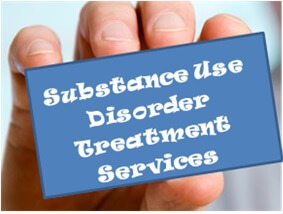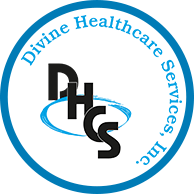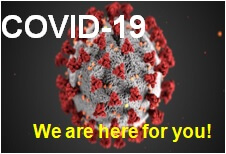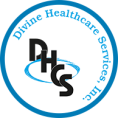
What Can Divine Healthcare Services, Inc. (DHCS) do for my Substance Use Disorder?
Our Outpatient Substance Use Disorder Treatment programs address substance abuse through comprehensive and collaborative services and we work closely with patients who have a current Read More »










